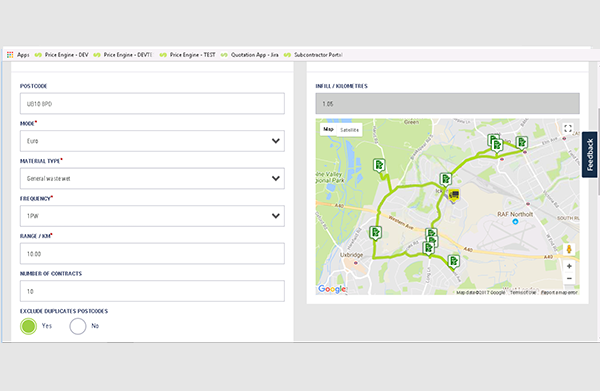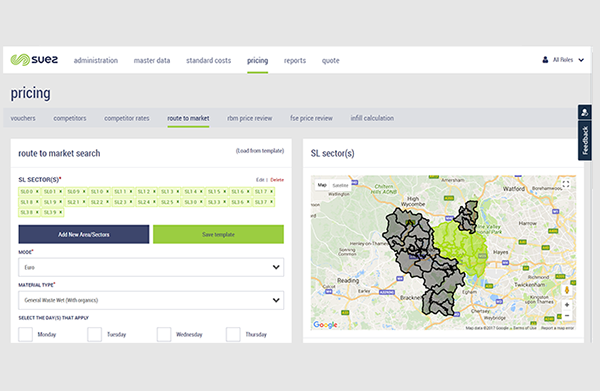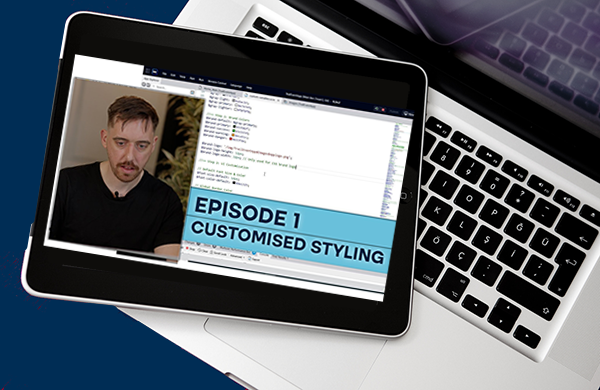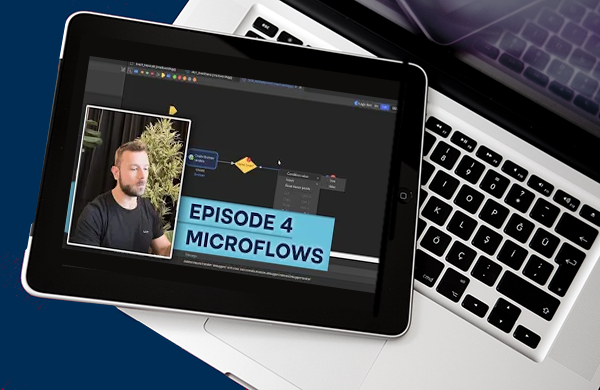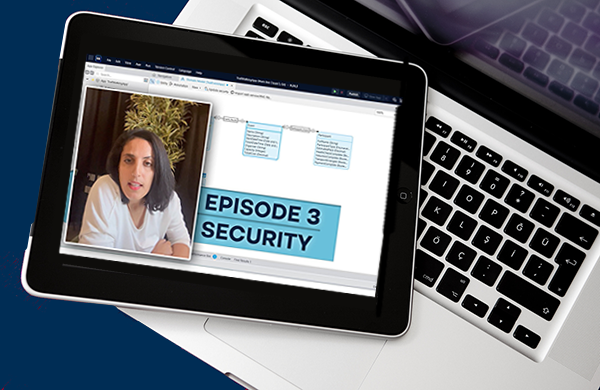AuraQ has vast experience helping organisations find the gaps that can be filled to enhance their business. This could be to improve efficiency, integrate legacy systems or deliver new portals and strategic applications to create competitive advantage. Contact us to request a free, no obligation Gap Analysis.
Global utility company digitises end-to-end service delivery with rapid app development
With daily life becoming ever more digital, companies are finding the need to digitise their services not only quickly but at a reasonable price to keep up with consumer demand and expectations. Transforming the customer experience requires a level of speed and precision that traditional legacy approaches can’t meet.
SUEZ recycling and recovery UK recognised that in order to deliver their transformational goals, they would need to look beyond tradition and chose rapid application development to take their business forwards. By introducing low-code development into the business, SUEZ has seen themselves deliver applications in weeks rather than months and are well on their way down a successful digital transformation journey!
The need to digitise using rapid app development (RAD)
Part of the global SUEZ group, in the UK SUEZ employ’s over 5,000 people, with the SUEZ recycling and recovery UK Industrial and Commercial (I&C) division providing waste collection services to over 30,000 businesses.
SUEZ prides itself on delivering innovative and environmentally responsible solutions for total recycling and waste management services whilst ensuring compliance with the latest legislations. The business wanted to transform manual, labour intensive processes and find a smarter way to manage pricing and deliver a digital customer experience. To achieve the speed and precision that the competitive marketplace demands, SUEZ wanted to cast aside legacy processes in favour of digitisation and rapid app development.
To solve this problem, SUEZ engaged with AuraQ to implement the ‘price engine’ solution using the Mendix low-code platform. Price engine manages the core areas of the pricing strategy including system administration, master data management, route management, price review, price simulation and reporting.
Realising digital transformation with Mendix
Through the application, SUEZ now has the functionality to establish pricing policy at the most granular geographical level and regional managers can now visualise and draw pricing policies of their regions on smart maps, clicking and selecting post code sectors, district and areas at will. Enhancing this accurate pricing logic is integration with SUEZ’s back-end systems, via Mulesoft, so that pricing now considers all cost information such as depreciation periods and rental costs. Reports and dashboards have been created to quickly identify missing data or old data and this ensures that the pricing policies continue to remain relevant and consistent.
Delivered in just 12 weeks, the application has been received exceptionally well by the business and rolled out across the UK to all regional managers and sales teams. Customers can now be offered a price in real-time and the benefits have been recognised across multiple departments across the business.
Delivering the digital customer experience
Companies all over the world have already responded to the divide between digital customer requirements and existing offers, however it is true to say that some have still not realised the enormous potential, or even need, for end-to-end digitisation. This has been just the start of the journey for SUEZ who has continued to expand the use of Mendix into other areas of the business including a new e-commerce site and a new community portal to modernise the way in which they manage their supply chain.
To read more about how SUEZ UK used low-code to deliver a highly refined initiative in far less time than traditional design-and-build approaches, please download our case study. Or to understand more about the benefits of low-code, visit Mendix.




